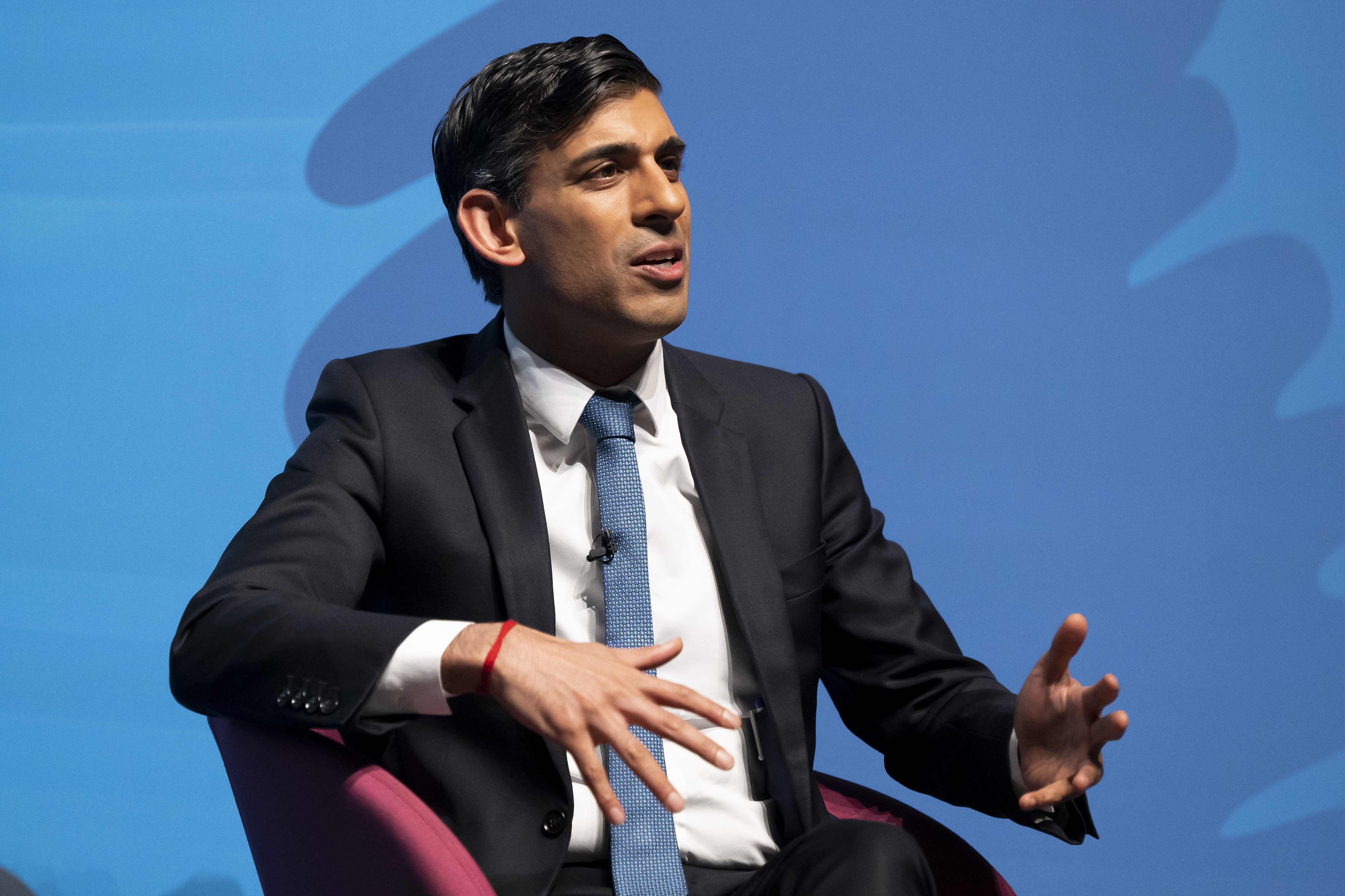UK 'lags behind' Europe in digital performance
Europe continues to grow, but the UK still needs to improve on digital skills and public services


Sign up today and you will receive a free copy of our Future Focus 2025 report - the leading guidance on AI, cybersecurity and other IT challenges as per 700+ senior executives
You are now subscribed
Your newsletter sign-up was successful
The UK has fallen behind other countries in Europe in areas such as connectivity, digital skills and the integration of digital technology, the 2016 Digital Economy and Society Index (DESI) has revealed.
Released today by the European Commission, the DESI measures countries across the EU on their progress in key areas such as affordable broadband and business integration of cloud services in an attempt to create a "truly digital single market".
While the UK score is above the EU average, however, it is growing more slowly than the average. Denmark, the Netherlands, Sweden and Finland are leading the way, while Estonia, Germany, the Netherlands, Malta, Austria and Portugal are the fastest growing.
Apart from Sweden, all EU countries have improved their score, with the whole of Europe scoring 0.52 out of 1, an improvement from 0.5 in the previous year.
Alex Smith-Bingham, head of digital at Capgemini, said: "Whilst it's encouraging to see that the 2016 DESI shows some improvement in the digital transformation in Europe, it is worrying that progress is slowing.
"This is especially true in the UK where we are categorised as 'lagging behind'. That is, still above the average in Europe, but growing more slowly than the rest of the EU."
Compared to the rest of the world, European countries lead in business adoption of digital technologies, and Denmark, Finland and Norway are world leaders for digital public services. In terms of connectivity, however, Europe is beaten by South Korea and Japan.
Sign up today and you will receive a free copy of our Future Focus 2025 report - the leading guidance on AI, cybersecurity and other IT challenges as per 700+ senior executives
According to a recent survey of UK start-ups ahead of the EU referendum, 81 per cent of respondents believe the UK should remain part of the EU.
High-speed broadband is available to 71 per cent of homes across Europe, and is on track to have complete coverage by 2020. Despite this, however, 45 per cent of Europeans don't have basic digital skills.
"The UK has a high rate of internet use and digital skills have increased substantially," Smith-Bingham continued. "However, this is not translating into young people entering the ICT workforce with evidence that STEM graduate numbers are significantly below those of a decade ago. Our digital economy is growing rapidly and we simply do not have the supply of the right digital skills to meet demand... And this is impacting on Britain's ability to compete on a global stage.
"The DESI aims to show where countries should turn their focus in terms of digital investment and it's clear that we need to prioritise digital skills. But it's not just up to the government, businesses must also make investments in building a digital workforce for the future, whether that's through graduate recruitment schemes, apprenticeship schemes or reaching young people throughout their early schooling."
A survey from tech charity Go ON released last year revealed that 12 million UK adults and 1.2 million SMBs do not have basic digital skills. While Greater London fared the best with 84 per cent of skilled adults, Wales was the worst with just 62 per cent.
Gunther H. Oettinger, commissioner for the Digital Economy and Society, said: "The EU makes progress, but too slowly. There is no room for complacency. Action is needed if we want to catch up with Japan, the USA and South Korea."
Caroline has been writing about technology for more than a decade, switching between consumer smart home news and reviews and in-depth B2B industry coverage. In addition to her work for IT Pro and Cloud Pro, she has contributed to a number of titles including Expert Reviews, TechRadar, The Week and many more. She is currently the smart home editor across Future Publishing's homes titles.
You can get in touch with Caroline via email at caroline.preece@futurenet.com.
-
 AWS CEO Matt Garman isn’t convinced AI spells the end of the software industry
AWS CEO Matt Garman isn’t convinced AI spells the end of the software industryNews Software stocks have taken a beating in recent weeks, but AWS CEO Matt Garman has joined Nvidia's Jensen Huang and Databricks CEO Ali Ghodsi in pouring cold water on the AI-fueled hysteria.
-
 Deepfake business risks are growing
Deepfake business risks are growingIn-depth As the risk of being targeted by deepfakes increases, what should businesses be looking out for?
-
 Is Rishi Sunak’s ‘Unicorn Kingdom’ a reachable goal or a mere pipedream?
Is Rishi Sunak’s ‘Unicorn Kingdom’ a reachable goal or a mere pipedream?Analysis Plunging venture capital investment and warnings over high-growth company support raise doubts over the ‘Unicorn Kingdom’ ambition
-
 Some Tech Nation programs could continue after Founders Forum acquisition
Some Tech Nation programs could continue after Founders Forum acquisitionNews The acquisition brings to a close a months-long saga over what the future holds for Tech Nation initiatives
-
 Podcast transcript: Startup succession: From Tech Nation to Eagle Labs
Podcast transcript: Startup succession: From Tech Nation to Eagle LabsIT Pro Podcast Read the full transcript for this episode of the ITPro Podcast
-
 The ITPro Podcast: Startup succession: From Tech Nation to Eagle Labs
The ITPro Podcast: Startup succession: From Tech Nation to Eagle LabsITPro Podcast Some small firms are already lamenting the loss of Tech Nation, but Barclays Eagle Labs has much to offer the sector
-
 Don’t count Barclays Eagle Labs out just yet – it can deliver in ways Tech Nation never has
Don’t count Barclays Eagle Labs out just yet – it can deliver in ways Tech Nation never hasOpinion Tech Nation has a great track record, but Eagle Labs has the experience, the financial clout, and a clear-cut vision that will deliver positive results for UK tech
-
 UK tech sector could face a ‘unicorn winter’ amid spiralling economic conditions
UK tech sector could face a ‘unicorn winter’ amid spiralling economic conditionsNews Tech Nation’s final piece of industry research calls for action to support continued ecosystem growth
-
 "It's still not great": Industry divided on government's SMB tax relief package
"It's still not great": Industry divided on government's SMB tax relief packageNews The government’s handling of R&D tax credits has left SMBs with a “sense of disbelief”
-
 UK startup's Equinix deal marks step towards broad quantum computing access
UK startup's Equinix deal marks step towards broad quantum computing accessNews Businesses around the world will be able to use its quantum computing as a service platform through Equinix
